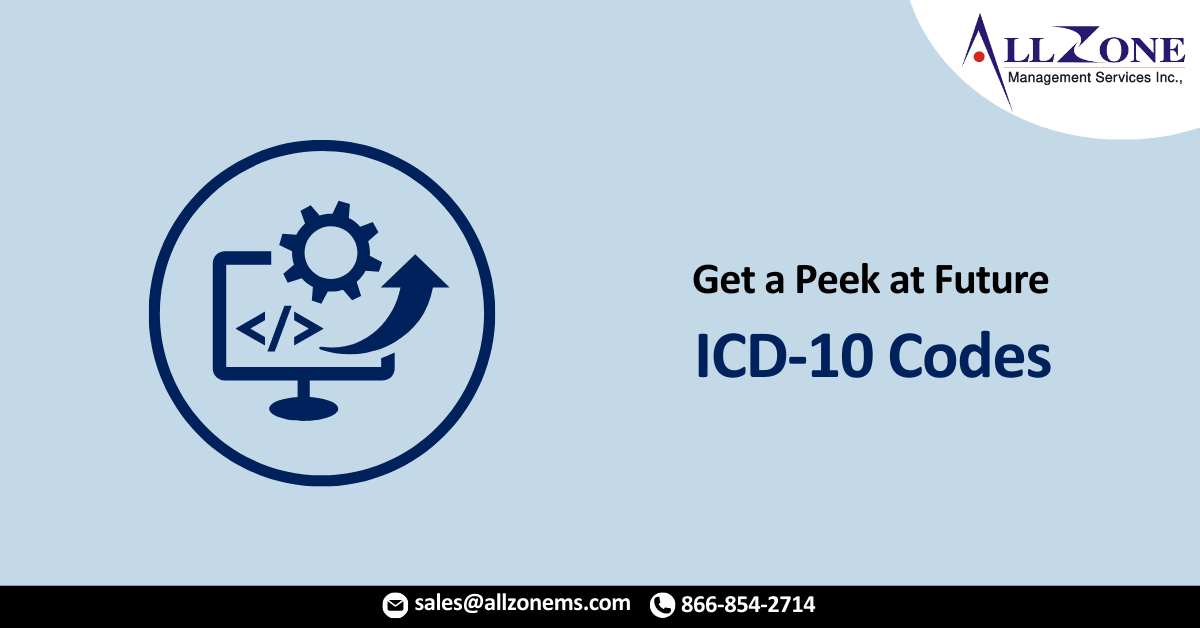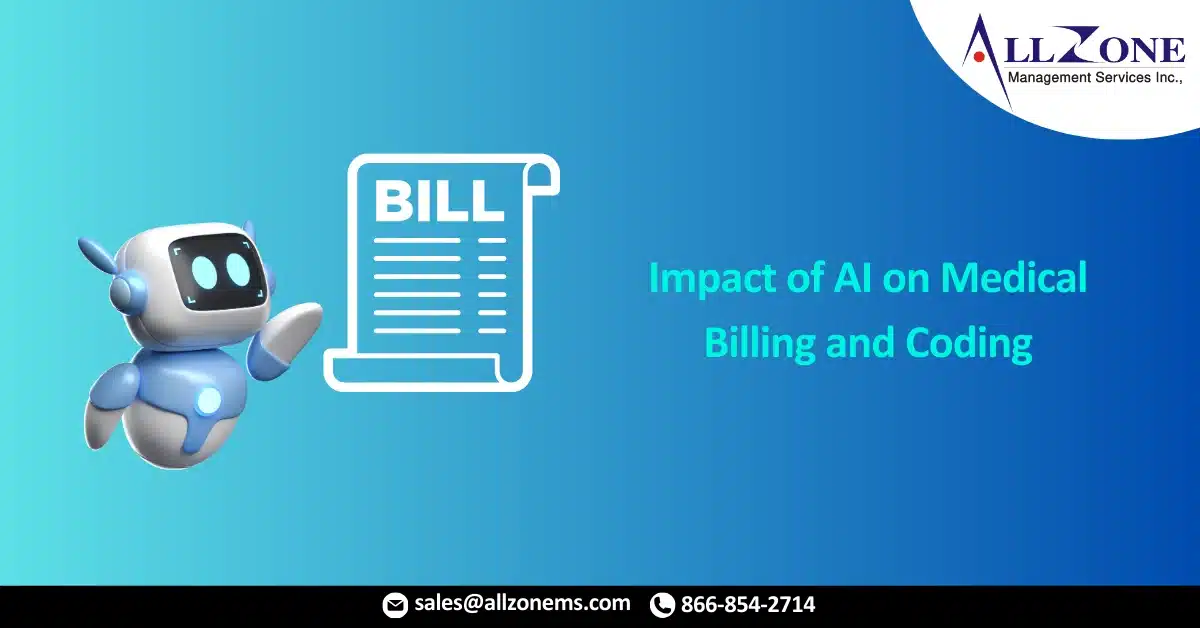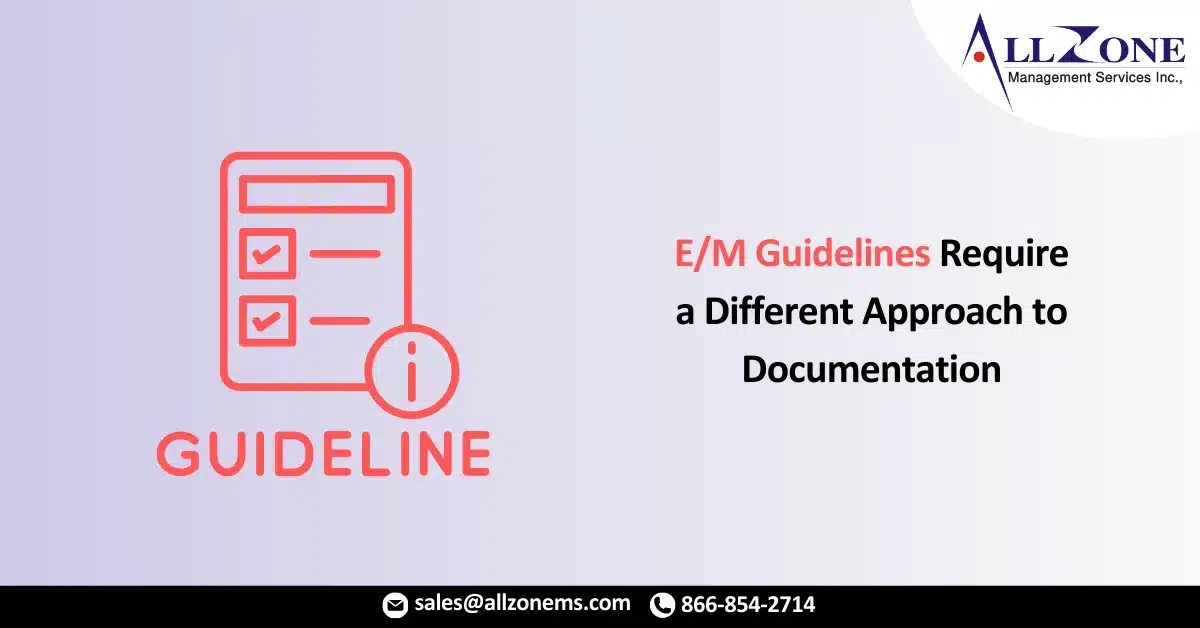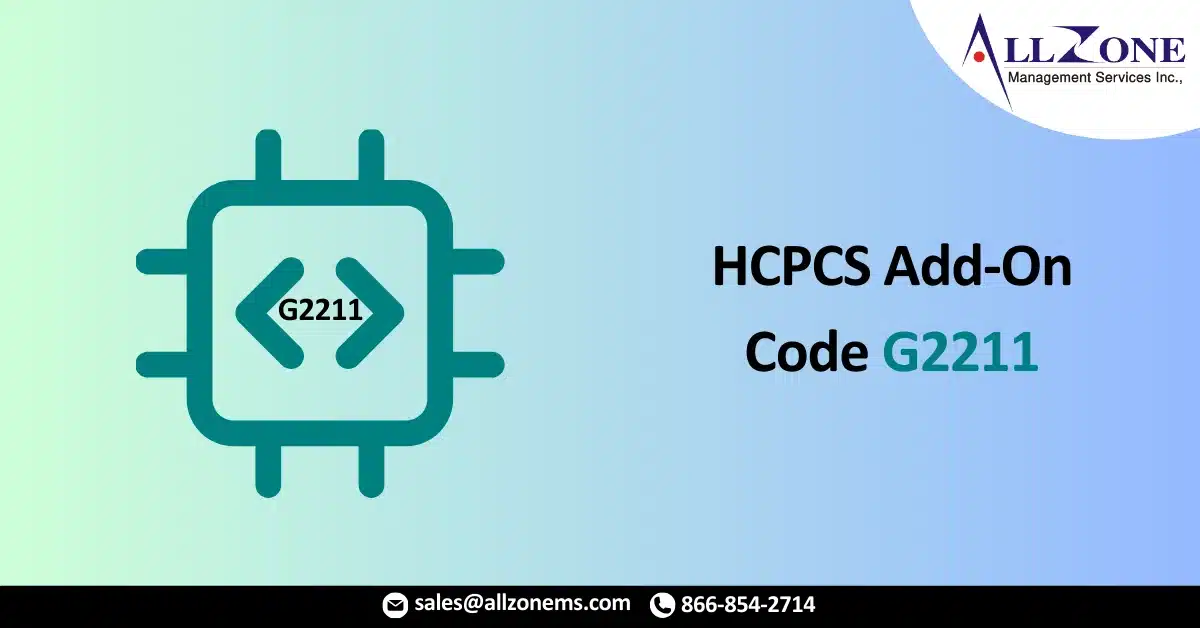This new law is set to take effect on Jan. 1, 2022. In the closing days of 2020, Congress enacted and the President signed into law the “No Surprises Act.” But what does that mean for providers and patients exactly? The Act contains key protections to hold consumers harmless from the cost of unanticipated […]
An ICD-10 Coordination and Maintenance Committee virtual meeting is scheduled for March 9–10, from 9 a.m. to 5 p.m. The Centers for Medicare & Medicaid Services (CMS) and the Centers for Disease Control and Prevention National Center for Health Statistics (CDC NCHS) have posted tentative agendas on their websites. Stakeholders will present on a […]
Federal officials are ordering plans and insurers to cover testing without cost-sharing – for virtually any purpose. Federal officials have issued new guidance intended to streamline the process through which Americans can get easy, free access to COVID-19 diagnostic testing and/or vaccinations. “This guidance makes clear that private group health plans and issuers generally cannot […]
For several, it is hard to envision the future of Revenue Cycle Management (RCM) in the Artificial Intelligence (AI) era. How does this technology accelerate the business cycle and affect healthcare back-office day-to-day work? It is unknown when AI will be the industry norm at this stage, but there is some speculation about potential advantages […]
To support the sudden increase in test results and medical records being transmitted during the pandemic, hospitals, laboratories, and pharmacies implemented additional devices and remote connections into their networks. After the Office for Civil Rights (OCR) lifted penalties around telehealth to expand care options amid the crisis, new platforms were adopted that were not previously allowed […]
We have received a number of questions from those seeking advice on choosing a coding level when using the new 2021 evaluation and management (E/M) guidelines. The most common questions concern the meaning and interpretation of ideas within the 3 medical decision–making (MDM) categories: the complexity of presenting problem, data, and risk. We are dedicating […]
Typical CDI programs are intended to drive reimbursement through diagnosis securement, contributing to improved case mix index. The COVID-19 pandemic is placing monumental financial stressors upon hospitals, with added costs to treat patients with high acuity and long length of stays, coupled with significant revenue loss associated with postponement of more profitable elective surgeries, […]
Many healthcare organizations quickly adopted telehealth programs out of necessity at the start of the COVID-19 pandemic, expanding their attack surface with the integration of new technology such as mobile telehealth apps and wearable heart rate and blood glucose level monitors. What’s more, nearly half of security researchers (48%) believe the healthcare industry is […]
The NCTAP was finalized as part of CMS’ fourth COVID-19 interim final rule. CMS on January 27 updated coding and billing instructions to hospitals for new COVID-19 treatments add-on payment (NCTAP). The NCTAP was finalized as part of CMS’ fourth COVID-19 interim final rule with comment period (IFC-4) and is effective November 2, 2020 through the end of the public health […]
The application of this code will not result in additional payment for a billed E/M visit service. In its February MLN Connects newsletter, CMS reminds providers that HCPCS add-on code G2211 (visit complexity inherent to E/M associated with medical care services that serve as the continuing focal point for all needed healthcare services and/or with medical care […]










